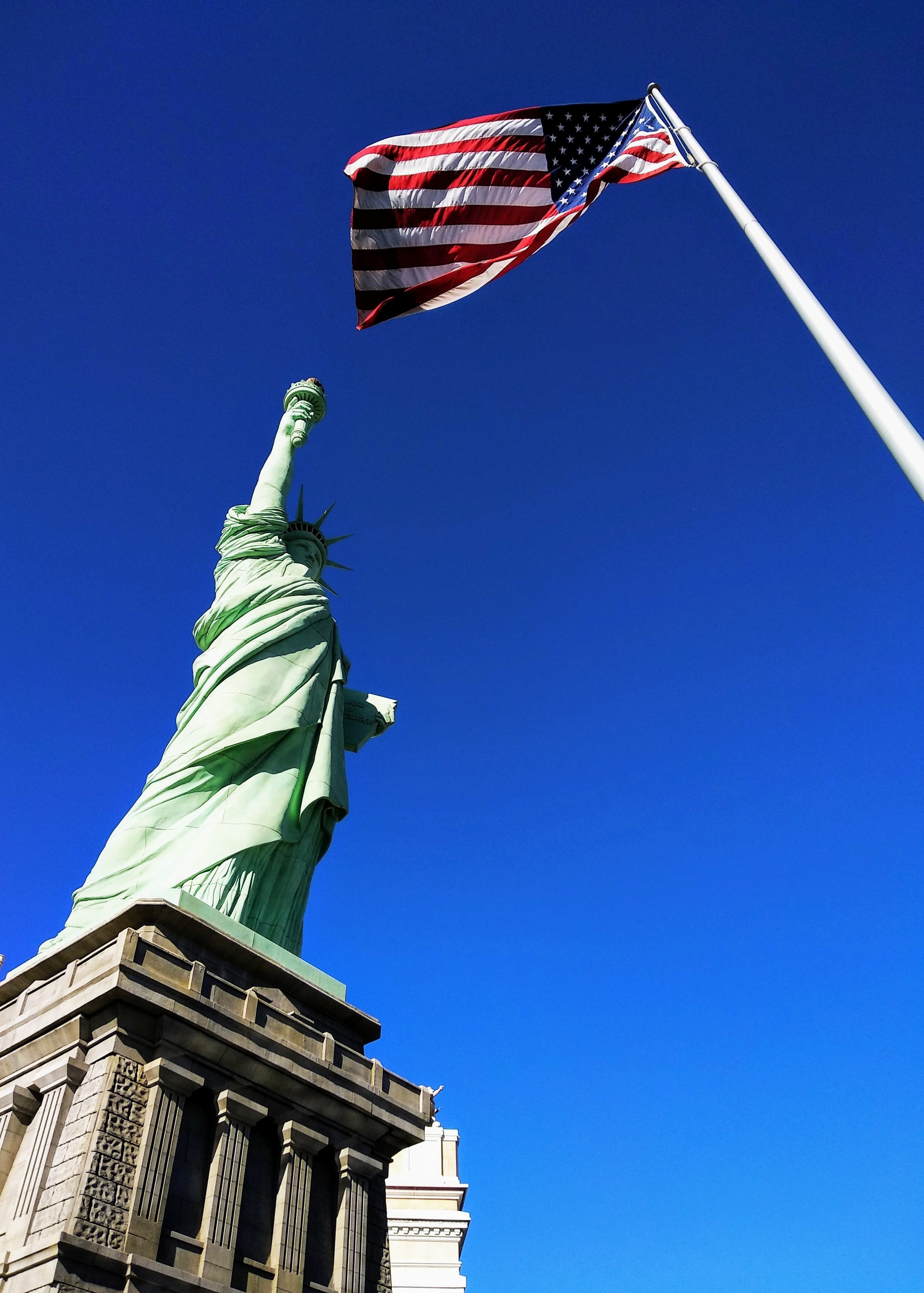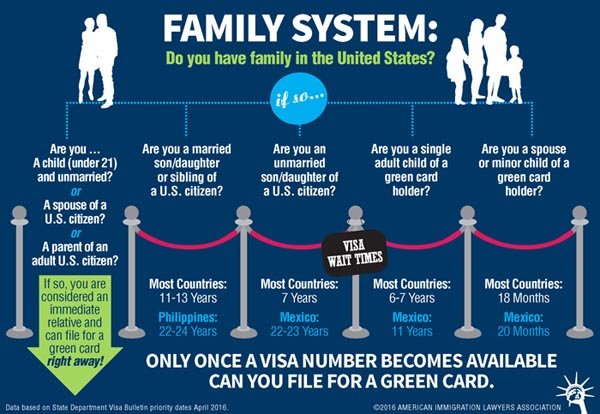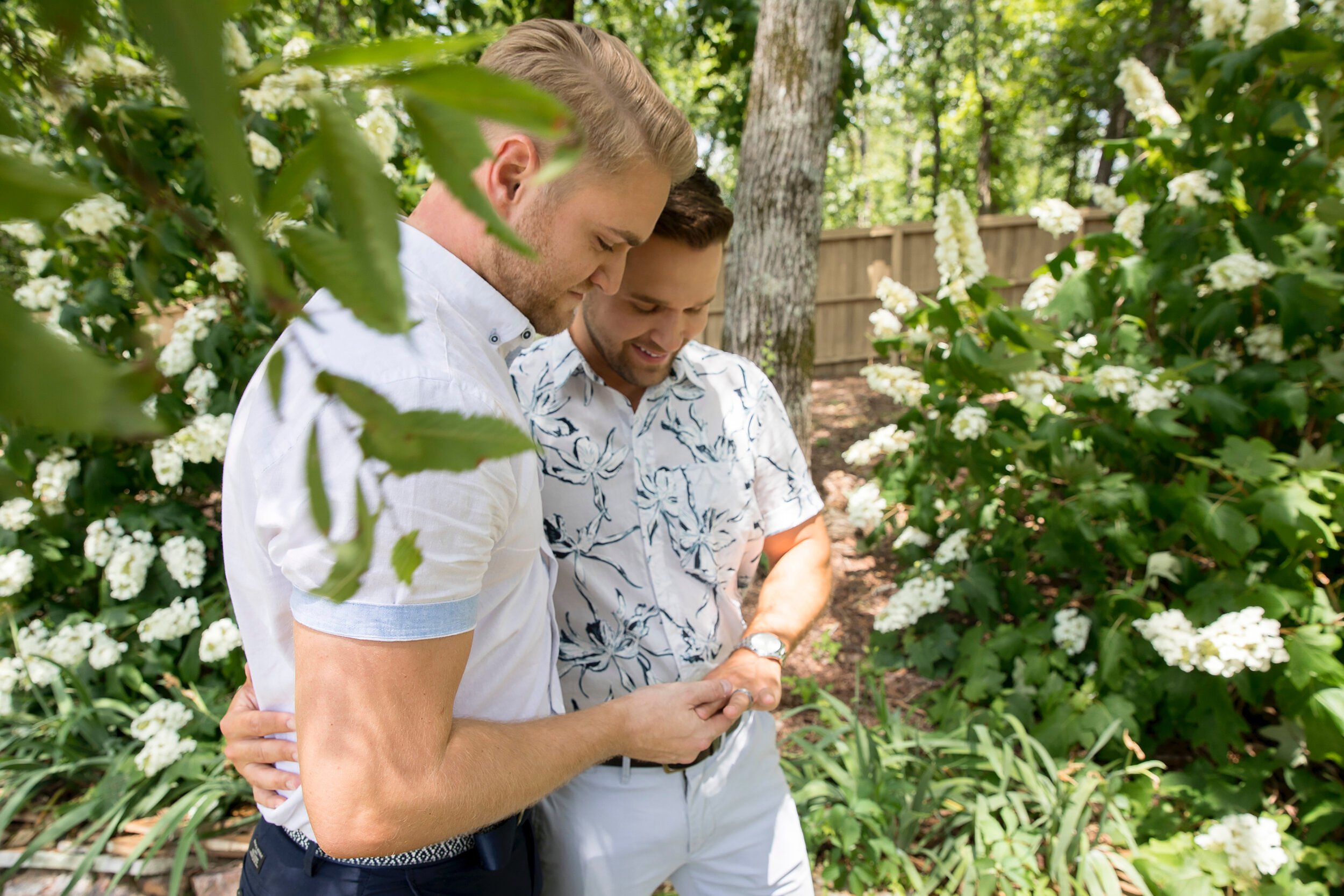
How do you prove Extreme Hardship in immigration waiver applications?
Immigration officers may waive or forgive these inadmissibilities as a matter of discretion for those who demonstrate extreme hardship to qualifying relatives, such as specified U.S. citizen or legal permanent resident, LPR (Green Card Holder) family members.

FAQs: What is an EB-1 Extraordinary Ability Visa?
There are three types of EB-1 visas. The first is for extraordinary ability in the Sciences, Arts, Education, Business, and Athletics. The second is for outstanding Researchers and Professors. The third is for Multinational Managers and Executives. This blog post will look at the requirements for the first type.

What is an immigration waiver? How does it help in green card applications?
An immigration waiver or Application for Waiver of Grounds of Inadmissibility is an application made by a green card applicant who is otherwise inadmissible on one or more grounds. The application "forgives" the person's inadmissibility and is submitted to the consular office, U.S. Citizenship and Immigration Services office or immigration court considering the applicant's green card or immigrant visa application.

Can I apply for a Green Card or change my status when my I-94 has expired?
Some of our clients and readers have asked this question. Generally, a foreign national here in the U.S. on a specific visa cannot apply for a Green Card or change their visa status after their I-94 expires. This is because only individuals who are considered to be in lawful immigration status may apply to change their immigration status. However, not everyone whose I-94 has expired is considered in violation of their status. This post seeks to clarify how to apply for a Green Card and change or extend your status and what your I-94 signifies.

Revised I-765 now allows applicants to get EAD and SS card simultaneously
Based on a new information-sharing partnership between U.S. Citizenship and Immigration Services (USCIS) and the Social Security Administration (SSA), foreign nationals in certain categories or classifications can now apply for work authorization and a social security number using a single form – the updated Form I-765, Application for Employment Authorization.

5 Tips for Your Green Card Interview with USCIS
We attended a teleconference hosted by the U.S. Department of Homeland Security's Office of the Citizenship and Immigration Services Ombudsman, on September 28, 2017, regarding the new green card interview requirements. We would like to share with our readers five tips that we've gained from this teleconference.

Solicitando para el Perdon Provisional por Presencia Ilegal
El Perdón Provisional por Presencia Ilegal es para familiares inmediatos de Ciudadano Americanos o residentes permanentes legales solicitando una residencia quienes no so elegibles para ajustar su estatus en los Estados Unidos porque ellos han acumulado mas de 180 días de presencia ilegal mentiras están en los Estados Unidos. Este perdón supera la barrera de presencia ilegal, permitiendo a los beneficiarios que regresen a los Estados Unidos después de su entrevista de la visa de inmigrante en al Consulado Americano en el extranjero. Descubra el proceso.

Que es el Perdon Provisional por Presencia Ilegal?
El Perdón Provisional por Presencia Ilegal es para las personas extranjeras quienes no son elegibles para ajustar su estatus en los Estados Unidos, tienen que viajar afuera y obtener una visa de inmigrante.

Que es la 245 (i)? Como le ayuda a un individuo indocumentado obtener la residencia?
245(i) es una disposición en la ley de Equidad para las Familias de Inmigrantes Legales (LIFE Act) que permite que a ciertos individuos quienes están en los Estados Unidos y normalmente no califica para obtener la residencia independientemente de 1) la manera en que entraron a los Estados Unidos. 2) trabajando en los Estados Unidos sin autorización. 3) no han mantenido continuamente el estatus legal desde la entrada.

Applying for a Provisional Unlawful Presence Waiver
The Provisional Unlawful Presence Waiver is for immediate relatives of U.S. Citizens or Lawful Permanent Residents (LPRs) applying for a green card who are not eligible to adjust their status in the United States because they have accrued more than 180 days of unlawful presence while in the United States. This waiver overcomes the unlawful presence bar, allowing beneficiaries to return to the United States after their immigrant visa interview at a U.S. Consulate abroad.

What is the Provisional Unlawful Presence Waiver?
The provisional unlawful presence waiver allows immediate relatives of U.S. Citizens or Lawful Permanent Residents (LPRs) to overcome the unlawful presence bar, allowing them to return to the United States after their immigrant visa interview at a U.S. Consulate abroad.

How do I apply for an immigrant visa and permanent residency in the United States?
Consular Processing is the process wherein a beneficiary of an approved immigrant petition applies for an immigrant visa at a U.S. Consulate to come to the United States and be admitted as a permanent resident. Find out more about the process and eligibility.

Adjustment of Status: Becoming a Permanent Resident in the United States
The process of changing an individual's immigration status while in the United States from nonimmigrant or parolee (temporary) to immigrant (permanent) is called Adjustment of Status. Find out who is eligible and the process.

Why are there long wait times for a visa?
Numerical and per country limits set by Immigration Law have resulted in extremely long wait times for applicants from certain countries, especially brothers and sisters of U.S. citizens from mainland China (13 years), India (14 years), Mexico (22 years), and Philippines (24 years).

What is 245(i)? How does it help undocumented individuals get a green card?
245(i) is a provision in the Legal Immigration Family Equity Act (LIFE Act) which allows certain individuals who are present in the United States who would not normally qualify, to obtain a green card (permanent residence).





